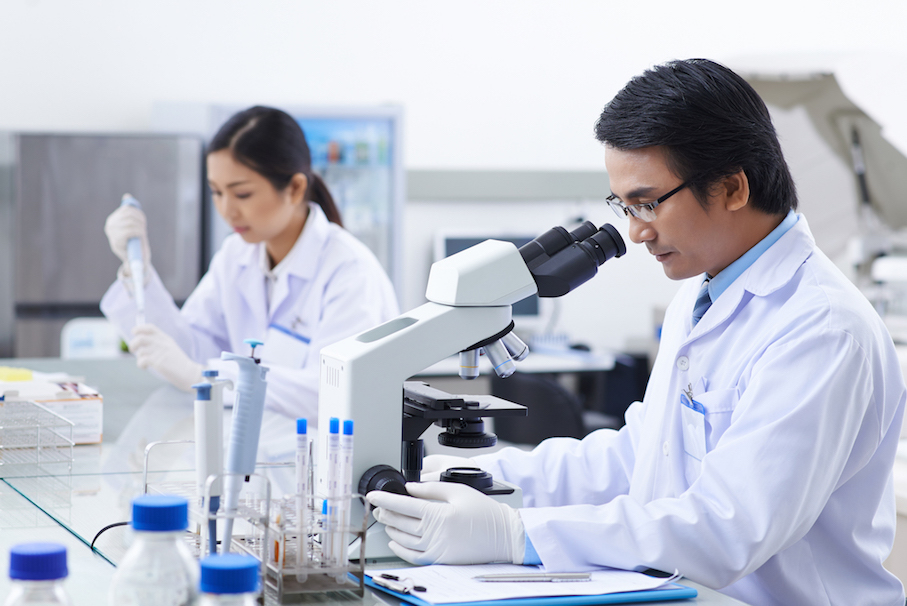
image credit- shutterstock
To ensure the accuracy and consistency of diagnostic tests for COVID-19 is an important aspect in effective disease control. The Faculty of Medicine at The Chinese University of Hong Kong (CU Medicine) systematically evaluated the performance of three common nucleic acid tests, namely digital Polymerase Chain Reaction (dPCR), quantitative Polymerase Chain Reaction (qPCR), and loop-mediated isothermal amplification (LAMP), for the diagnosis of COVID-19 in hospital and clinics.
Results demonstrated that though dPCR is the most sensitive type of test, followed by qPCR, and then LAMP, there was no significant difference in the accuracy or consistency among the three types of test.
Instead, researchers found that the specimen types and RNA extraction methods should be the focus in optimising the tests performance.
“We observed that when controlling the experimental setup of each test by specifying the primer- probe set, RNA extraction, and specimen type, the accuracy estimated did not differ across different nucleic acid tests. However, significant variations in accuracy were observed when the experimental setup was changed. This implies that optimisation efforts should be directed towards designing a robust and consistent experimental setup as the accuracy of SARS-CoV-2 nucleic acid tests is more strongly dependent on the experimental setup than on the type of test used”, said the researchers.




